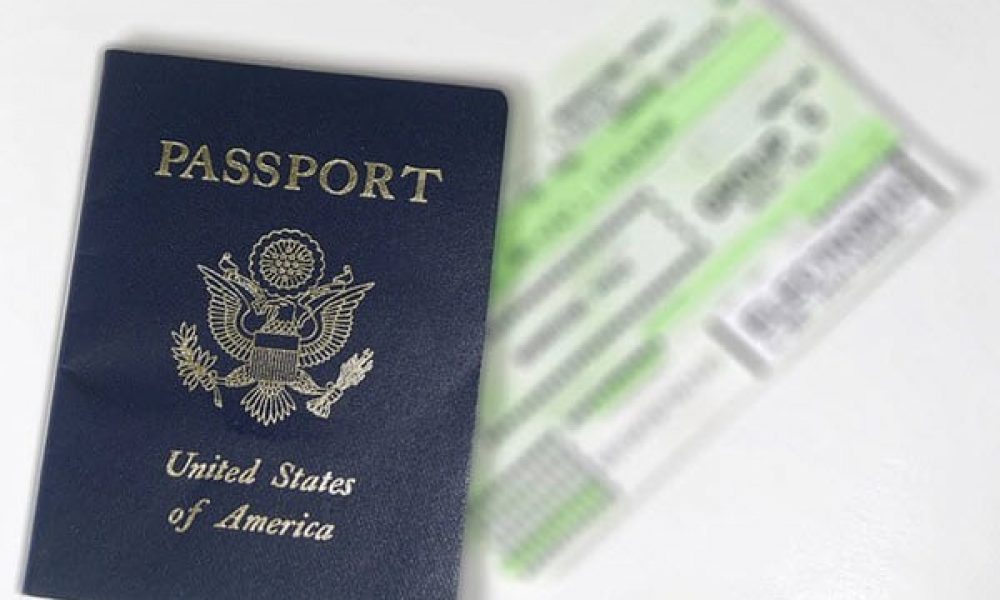Engage your new hires…if you don’t, they may leave your organization much faster than you’d like. You’ve got one chance to provide a positive new hire experience, so don’t blow it! New employees want to get settled in quickly, so assist them by guiding the process.
Pre-boarding is engaging with a new hire between the time they accept your offer and their first day. It’s a fairly new concept that often gets confused with the traditional on-boarding process most of us have experienced when starting a new job. However, there are a couple distinct differences: Pre-board starts and is completed before an employee’s first day. On-boarding starts on the employee’s first day. In addition to common on-boarding exercises, pre-boarding can include informal interactions between the company and the new hire.
Pre-boarding is all about prepping your new hire, as well as drumming up excitement as their first day approaches. How you welcome them depends on your company culture and how creative you want to be. You can schedule a lunch for the new hire, their manager and the team they’ll work with. They can meet and converse with everyone in a casual setting. If your company hosts a weekly happy hour or other social events, invite the new hire to attend. After the offer is accepted, schedule an office tour for the new hire. They can come back in more relaxed knowing they’ve already landed the job.
Pre-boarding is an effective way to introduce new hires to your company and culture. Staying in touch with a future employee after they accept your offer helps prevent no-shows and sets them up to hit the ground running on day one.
Onboarding should be an experience for the new hire, not a tedious process. A new hire’s experience on their first day sets the stage (and their mindset) for the rest of their employment. To ensure a positive first-day for all of your contingent or full-time workers (yes, you need to treat them equally), consider incorporating one or more of the following best practices into your onboarding plan.
Engage employees early and often
It’s important to make a good first impression with your new hires. Hiring managers should reach out and introduce themselves to their new employees in person on the employee’s start day. Also, send the employee any relevant websites, Intranets or forms they will have to fill out in advance, so they don’t spend their first day sitting in a cube nervously navigating important information.
Use technology to engage new hires
If it’s not possible to have new hires complete all paperwork prior to their first day, make the forms available online, so employees can complete this portion of the onboarding process more quickly.
Get managers involved with employee engagement
Train your managers how to onboard effectively. Give them a comprehensive checklist to help them walk new hires through the process. Managers should make employees feel like they are contributing and adding value to the organization as early as possible in their employment.
Create a strong internal social network to engage employees
Relationships are key to making employees feel welcome and valued. If your new employee will be working on-site, arrange a comprehensive tour on day one. Assign the new hire a mentor or buddy to help them settle in, and introduce them prior to the start of the engagement.
Also make sure that the employee’s first few weeks are populated with meet-and-greets with key leadership, clients, and business partners. If your new employee is going to make an impact, they need to know who the players are.
Engage employees in your company’s cultural values
Introduce new hires to the company’s cultural values and weave those values into conversations, one-on-ones, and team meetings. Again, start this early and continue consistently throughout the employee’s engagement.
Establish clear performance expectations to engage employees
Give employees their job descriptions and written outlines of their performance objectives upfront. Schedule regular performance conversations to formally discuss how they are measuring up to those objectives. Don’t reserve feedback just for scheduled performance discussions, however. It should be given frequently and spontaneously.
Effective onboarding can enhance employee engagement, increase productivity and ultimately, lead to higher rates of retention. Don’t take a sink or swim approach to onboarding your new hires. Start early and touch base often to give your employees the kind of employment experience they won’t want to leave.
Here are some interesting statistics that could make you think seriously about revamping your new hire process:
- 83% of high-performing organizations begin onboarding new hires prior to their first day of work (pre-boarding)
- Companies that have establish an onboarding process improve new hire retention by 82%
- Strong onboarding programs can boost new hire productivity by 80%
- Employees hired into a well-structured onboarding program are 69% more likely to stay there more than three years
- 56% of employees say that having a buddy or mentor is important to them when starting a new job



